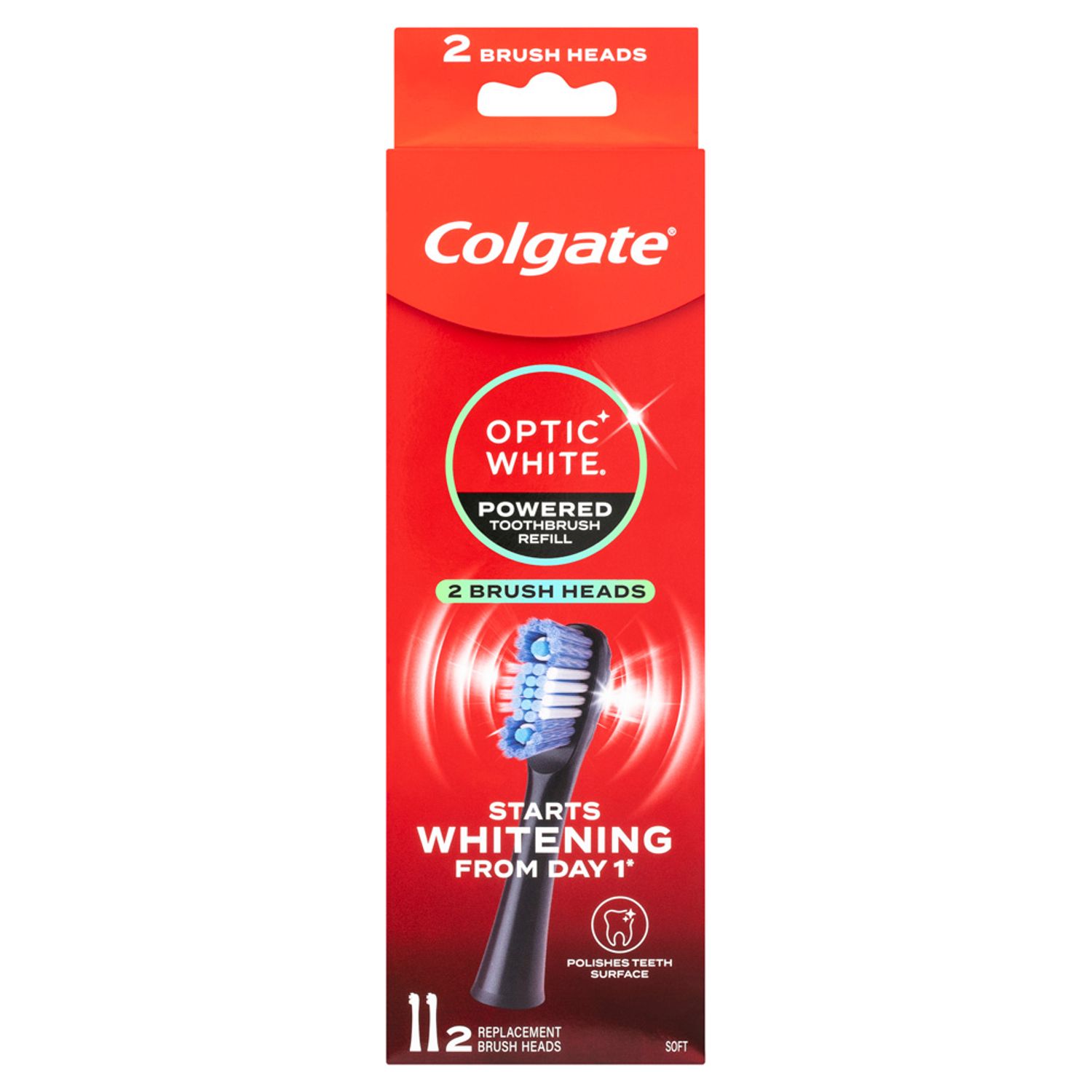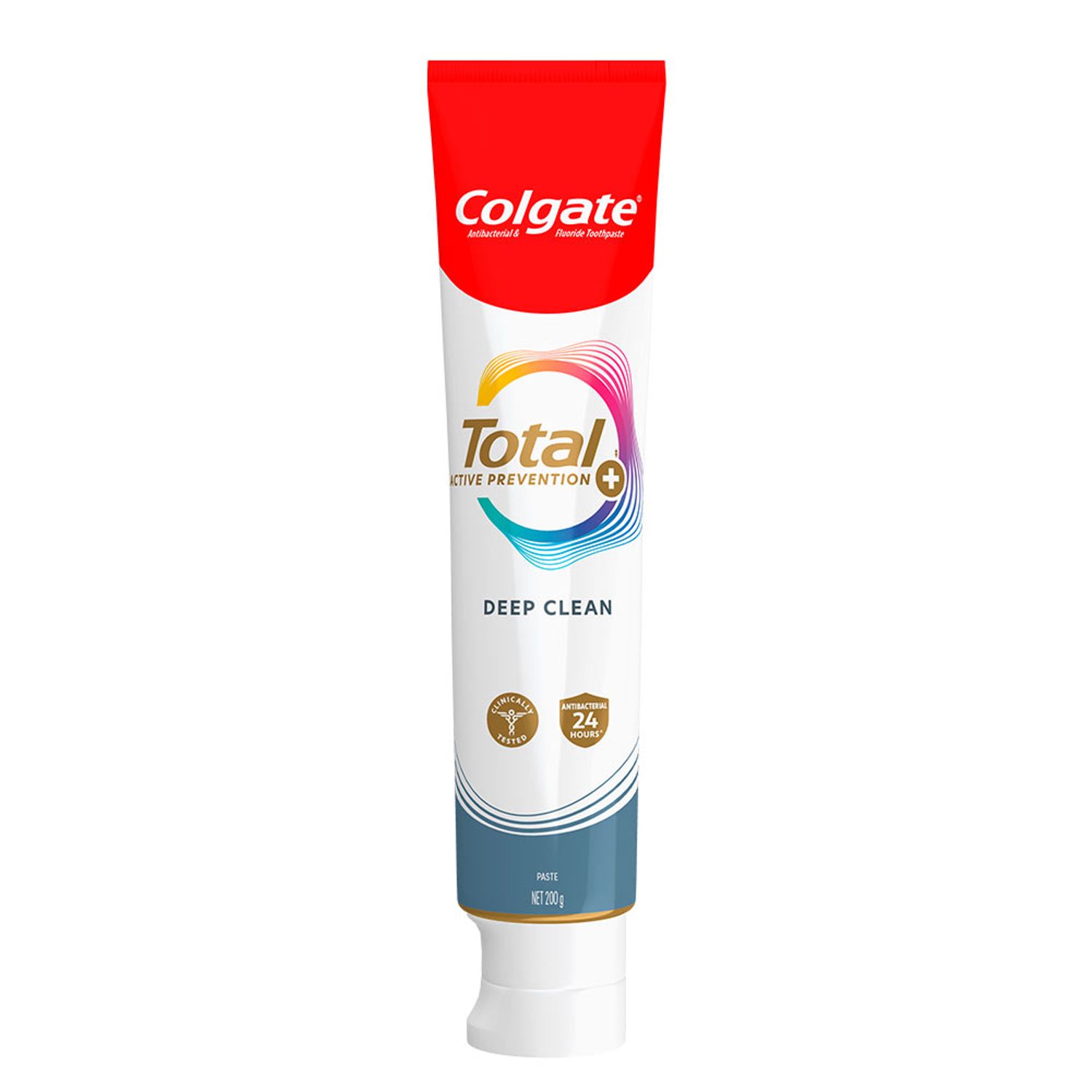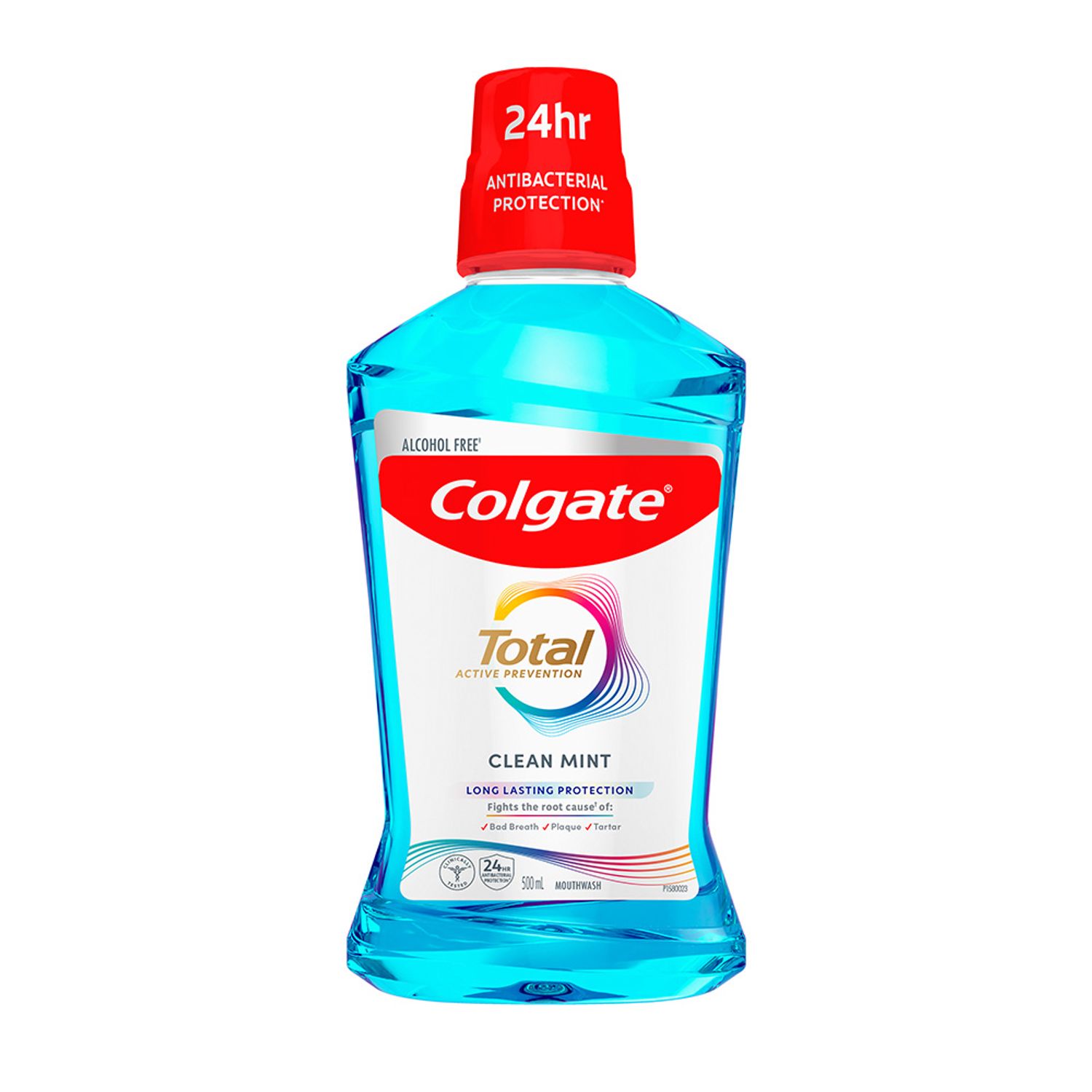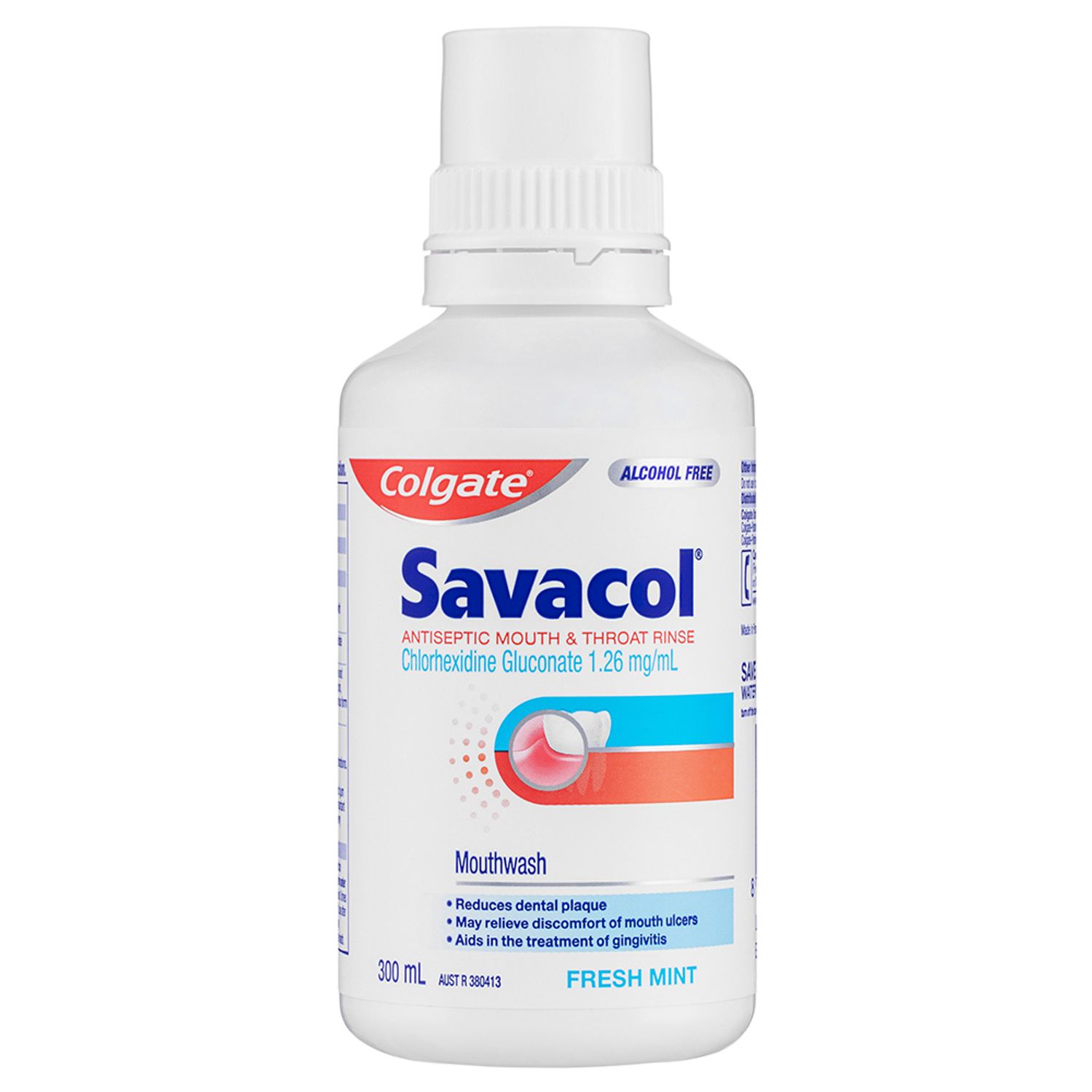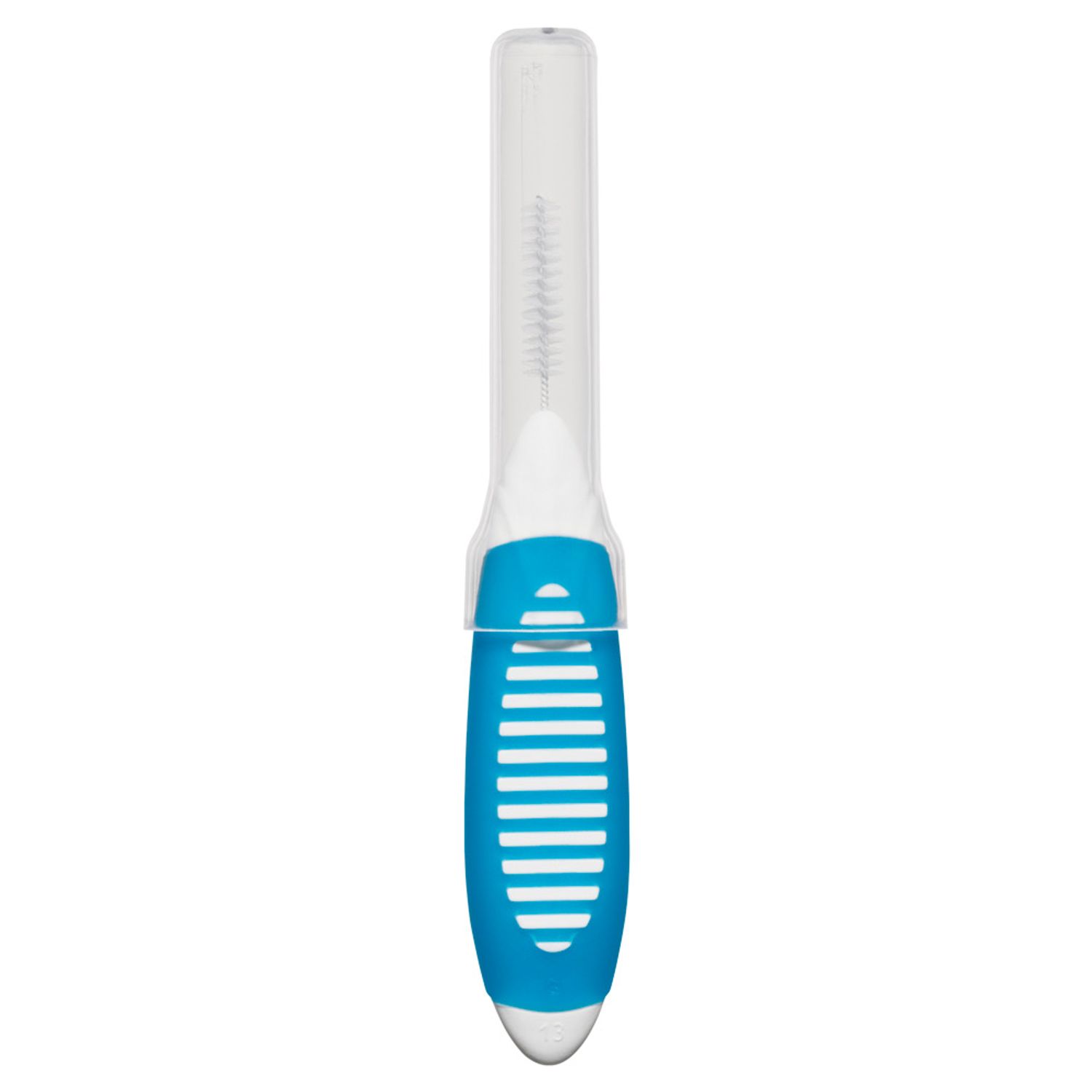-
-

BRUSHING & FLOSSING
How to BrushWhat Is the Right Way to Brush?
Proper brushing takes at least two minutes — that's right, 120 seconds!...

BRUSHING & FLOSSING
How To FlossWhat is the Right Way to Floss?
Proper flossing removes plaque and food particles in places where a toothbrush cannot easily reach... -
Science & Innovation
- Colgate® | Toothpaste, Toothbrushes & Oral Care Resources
- Oral Health
- Sinus Infection, Bad Breath And How They Relate


Sinus infections are never pleasant. You already feel below your best and are finding it hard to breathe, then you notice (or someone mentions) that you have bad breath. And why now? Unfortunately, sinus infections and bad breath often go together. Bad breath can often be a tell-tale sign of a sinus infection as the infected sinus drainage at the back of your throat can be the cause. Here's what to know and do about the two conditions.
What are sinus infections?
Sinus infections occur when there's a fluid build-up in your sinuses. This fluid build-up allows germs to grow. Colds, allergies, smoking, or exposure to second-hand smoke, a weak immune system, and structural problems in the sinuses can all cause sinus infections.
Sinus infection symptoms include:
- a runny or stuffy nose
- facial pain or pressure
- headache
- postnasal drip
- sore throat
- cough
- bad breath
Unfortunately, sinusitis doesn't often clear up overnight. Acute (short-term) sinusitis lasts less than four weeks, whereas chronic (long-term) sinusitis may last longer than three months.
How do sinus infections cause bad breath?
The mucus in infected sinuses smells extremely unpleasant. Sinus infections cause bad breath as the infected, foul-smelling mucus drips from the sinuses down the back of the throat, where it meets the air you exhale. This foul-smelling odour transfers to your breath.
How do you treat a sinus infection?
Many acute sinus infections clear up on their own. Although, according to healthdirect, you should see your GP if your sinusitis symptoms haven't started to improve after seven to 10 days or your symptoms are severe or getting worse.
How do you get rid of bad breath due to a sinus infection?
Although you cannot entirely remove this bad breath by cleaning alone, you can help improve the smell of your breath by brushing twice a day with a fresh breath toothpaste and flossing or interdental cleaning once a day. However, if you feel under the weather, experience upper respiratory symptoms and have issues with continuing bad breath, check with your doctor to see if a sinus infection is the cause.
Related Articles
This article is intended to promote understanding of and knowledge about general oral health topics. It is not intended to be a substitute for professional advice, diagnosis or treatment. Always seek the advice of your dentist or other qualified healthcare provider with any questions you may have regarding a medical condition or treatment.
Related Products

Helping dental professionals
More professionals across the world trust Colgate. Find resources, products, and information to give your patients a healthier future

